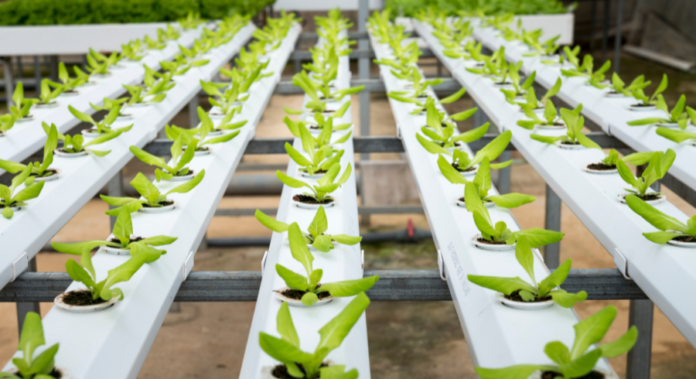Pakistan’s agriculture sector is facing increasing pressure from climate change, reduced water availability, and rising energy demands. To address these challenges, the National Energy Efficiency and Conservation Authority (NEECA) is exploring innovative farming methods like hydroponics and aquaponics to create more energy- and water-efficient agricultural systems.
At a national dialogue titled “Powering Hydroponics Sustainability: Energy-Efficient Solutions, Climate Resilience, and Urban Agriculture,” NEECA brought together experts and stakeholders, including Dr. Arshad Nawaz Chaudhary from Arid Agriculture University, Fatima Rizwan from the National Disaster Risk Management Fund (NDRMF), and hydroponics entrepreneur Zarak Khan, to discuss how advanced farming techniques can support climate resilience and resource conservation.
“Hydroponics saves water, saves energy, and secures farmers against climate shocks,” said Dr. Sardar Mohazzam, Managing Director of NEECA. “Given the decline in per capita water availability and rising energy consumption in agriculture, it is crucial for Pakistan to invest in resource-conserving solutions that stabilize food prices and build resilience. We encourage the youth to learn and apply these techniques.”
Hydroponics, a soil-less farming method, uses nutrient-rich water to grow plants, consuming up to 90% less water than traditional farming methods while offering higher yields and consistent food quality. The dialogue also covered aquaponics, a system combining hydroponic farming with fish cultivation, which offers further efficiency gains. One innovative idea discussed was incorporating honey production in aquaponics farms to increase value while conserving resources.
NEECA reaffirmed its commitment to piloting hydroponics and aquaponics in vulnerable districts to improve water-use efficiency, reduce agricultural energy intensity, and generate green jobs, all of which will contribute to Pakistan’s climate resilience and food security.




